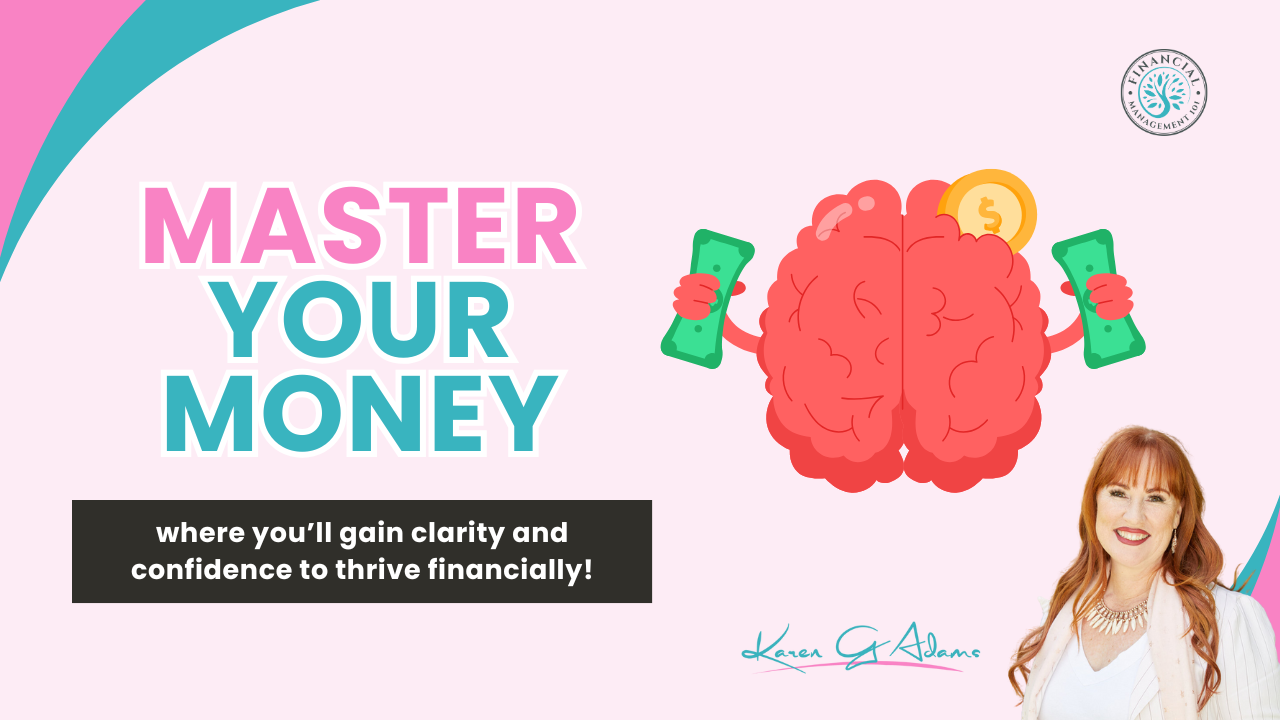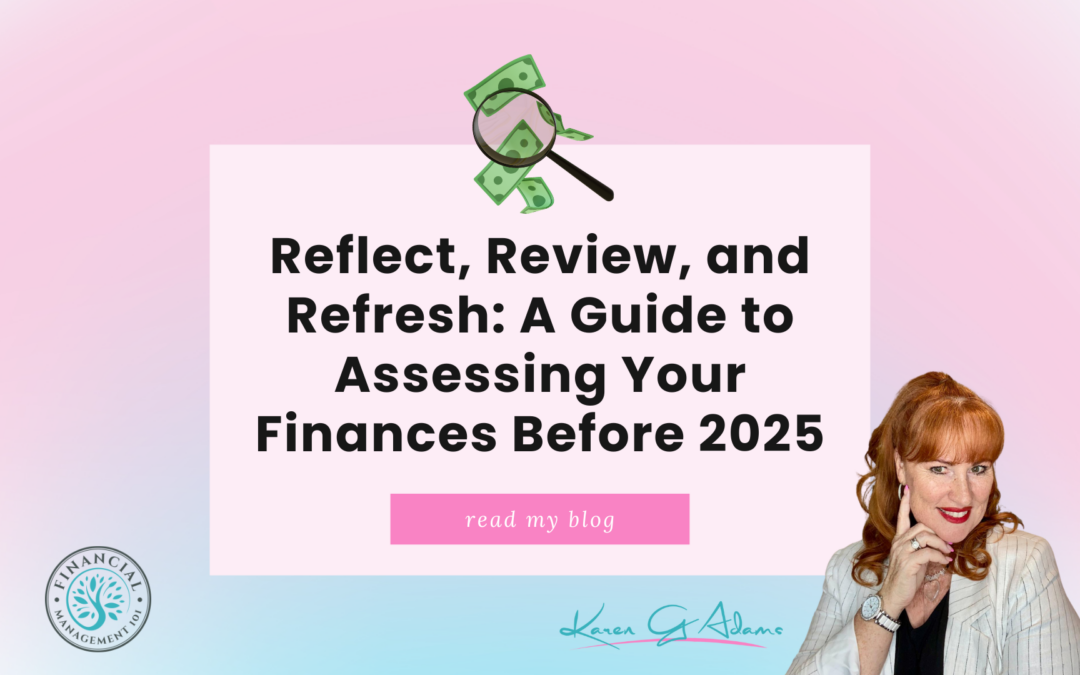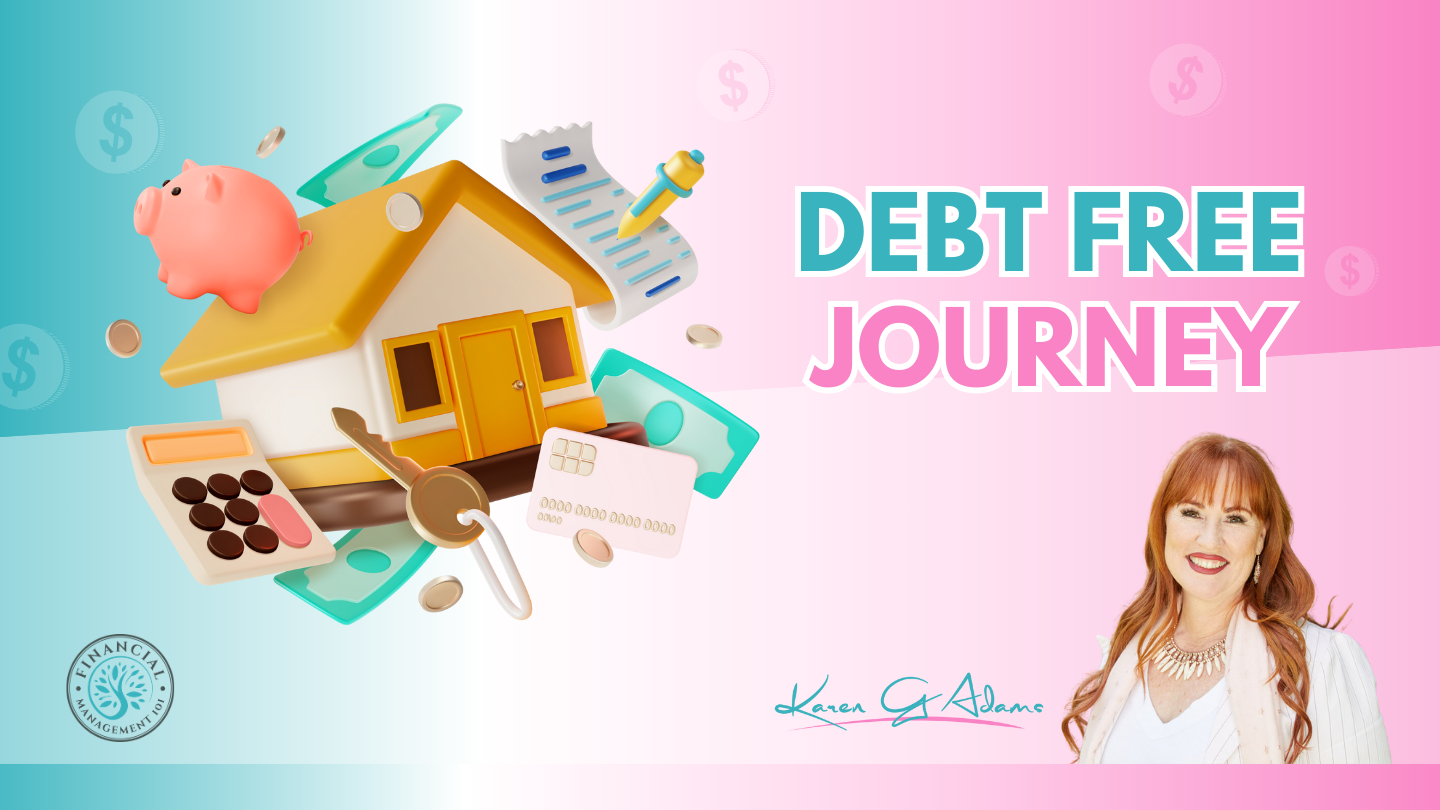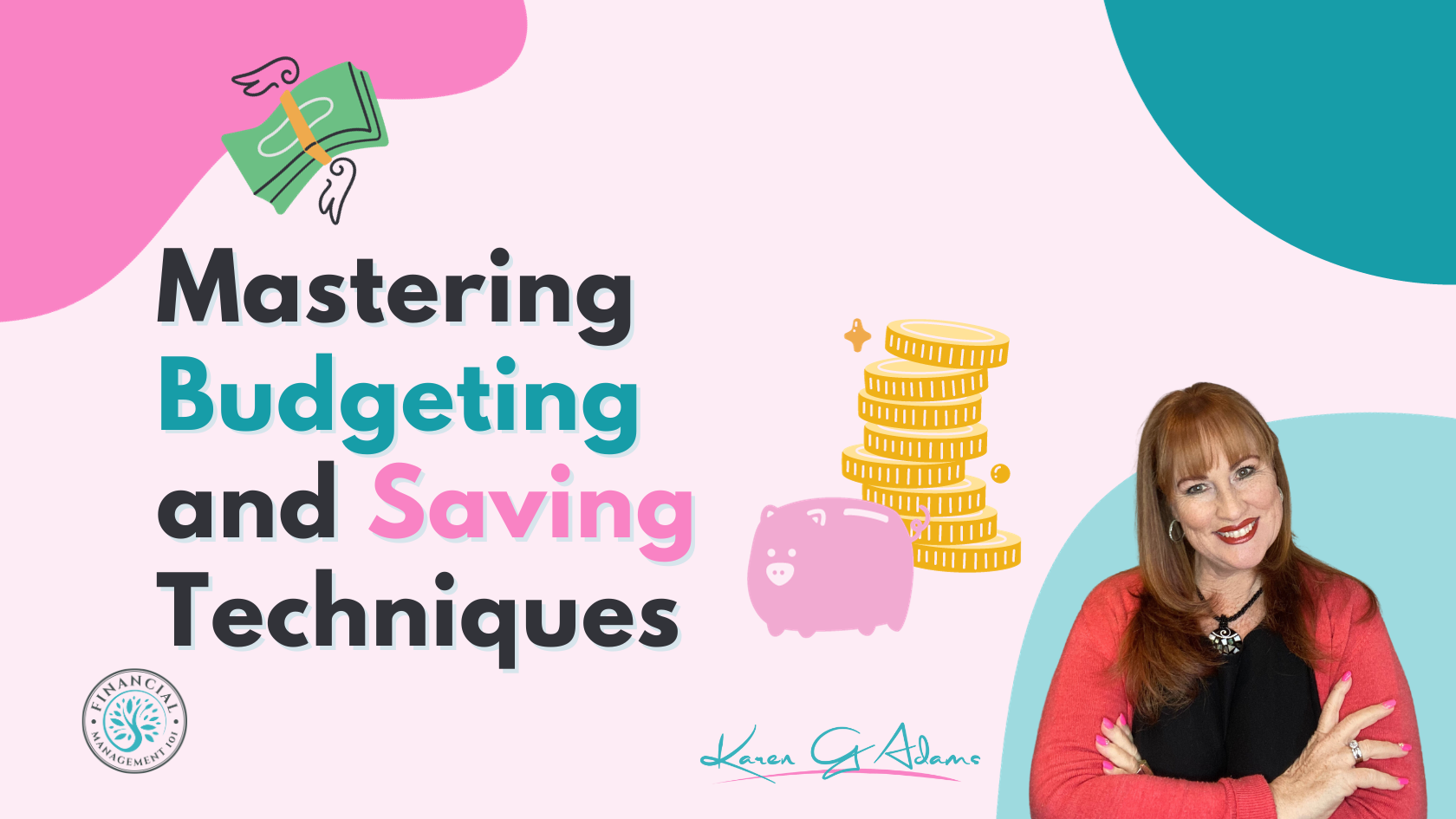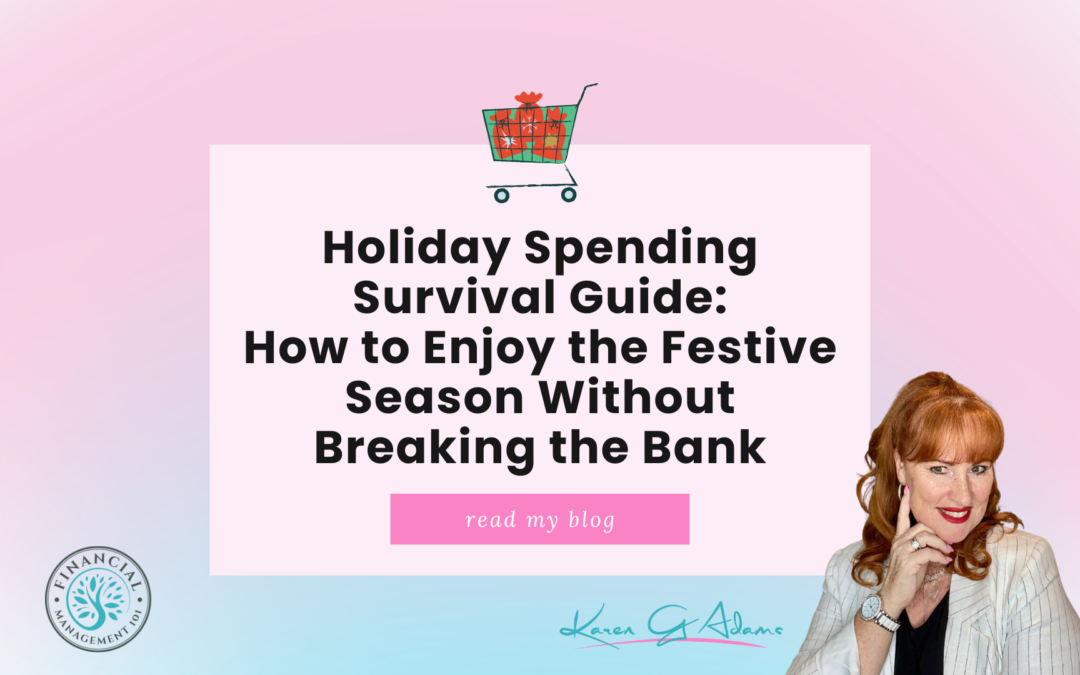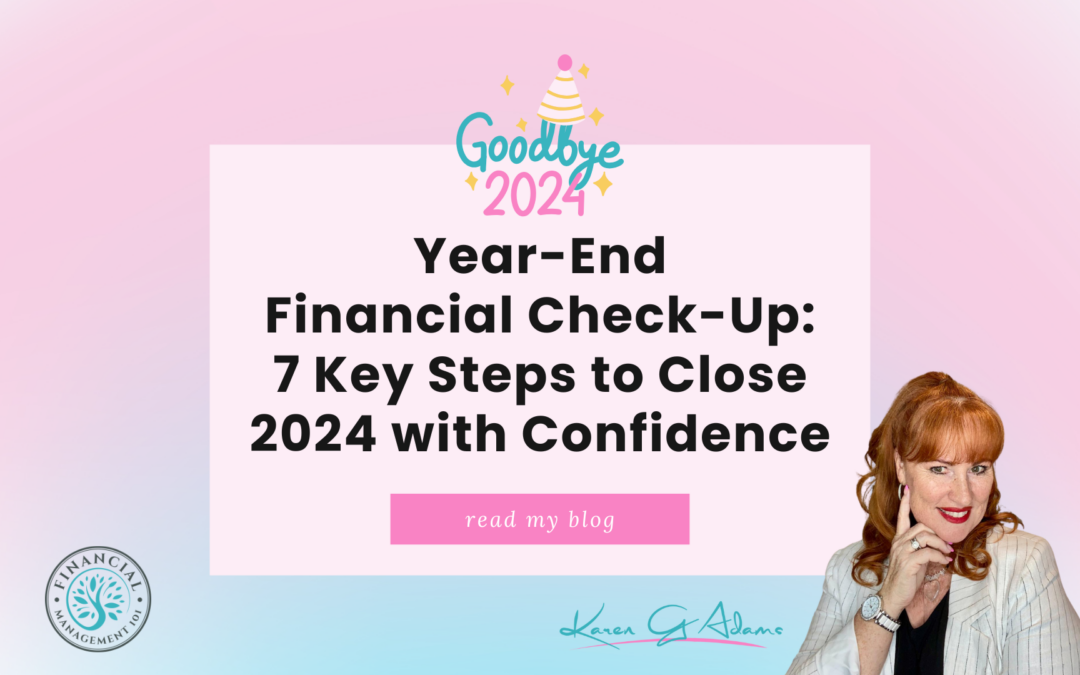
Year-End Financial Check-Up: 7 Key Steps to Close 2024 with Confidence
As the year wraps up, it’s time to give your finances a little TLC and prepare to start the new year strong! Think of this as your yearly financial check-up, a simple routine that sets you up for a financially fit future. Here are seven straightforward steps to help you close out 2024 with confidence.
1. Review Your Budget with Fresh Eyes
December is perfect for giving your budget a quick health check. Ask yourself:
-
- Did you stick to your budget most months?
- Are there categories where you regularly overspent?
If you find that certain areas of your budget were tough to stick to, don’t worry; you’re not alone! Make notes on what worked and what didn’t, and consider if those categories need adjusting. Next year’s budget will feel easier to manage if it aligns more closely with your actual spending patterns.
2. Evaluate Your Financial Goals for 2024
Reflect on the goals you set at the beginning of 2024. Did you aim to build an emergency fund, pay off a certain amount of debt, or save for a big purchase? Take a moment to celebrate any wins, big or small, you’ve earned it! If there were goals you couldn’t reach, try to pinpoint what might have held you back. Life happens, and sometimes, adjustments are necessary. Use these reflections to set realistic goals for 2025 that build on the progress you’ve made.

3. Audit Your Subscriptions and Recurring Expenses
Subscriptions can sneak up on you! Take a look at all the services you’re subscribed to, streaming platforms, gym memberships, software, meal kits and decide if they’re still worth the monthly or annual fee. Ask yourself:
-
- Do you use each service enough to justify the cost?
- Are there better deals or bundles that could help you save?
Canceling or downgrading services you no longer use can free up cash you can redirect toward your savings or debt goals.
4. Set a Holiday Spending Plan
The holiday season can be a big budget-buster if you’re not careful. This December, approach holiday spending with a clear plan:
-
- Set a total holiday budget and stick to it.
- Focus on meaningful gifts within your budget and avoid last-minute splurges.
- Consider experiences instead of material items, they often make more memorable gifts and can be cost-effective.
You’ll thank yourself in January when your credit card bills aren’t sky-high!
5. Check-in On Your Emergency Fund
Your emergency fund is your financial safety net, and December is a great time to assess its status. Ideally, you want enough to cover three to six months’ worth of essential expenses.
If your fund has been depleted due to unexpected expenses this year, make a plan to rebuild it. If it’s in good shape, well done!
Consider adding a little extra, even if it’s just a small amount each month, it’s always better to be prepared.

5. Update Your Financial Goals for 2025
End the year by setting some intentional goals for 2025. These don’t have to be massive changes; small, achievable goals can have a big impact on your financial future. A few ideas:
-
- Set a target for increasing your savings rate, even if it’s by a modest amount.
- Commit to paying down a certain percentage of your debt.
- Plan to invest in education or skills that could lead to higher income opportunities.
Whatever your financial goals, write them down and keep them visible. By starting now, you’ll be well-prepared to tackle them come January.

Final Thoughts
Closing out the year with a financial check-up is a powerful way to put yourself in the driver’s seat for 2025. These six steps are simple but effective and give you a clear view of your financial health. Here’s to closing out 2024 strong and stepping into 2025 with confidence!
Are you ready to make 2025 your breakthrough year?
MASTER YOUR MONEY is for YOU if you are tired of financial stress and ready to transform your relationship with money. Whether you’re managing a family, building your career, or chasing your dreams, this is your chance to gain the clarity, confidence, and habits you need to thrive.
This is more than a mindset shift—it’s a transformational program that puts you on the path to lasting financial success! ? Click the button below to book a call with Karen to see if this program is right for you!

